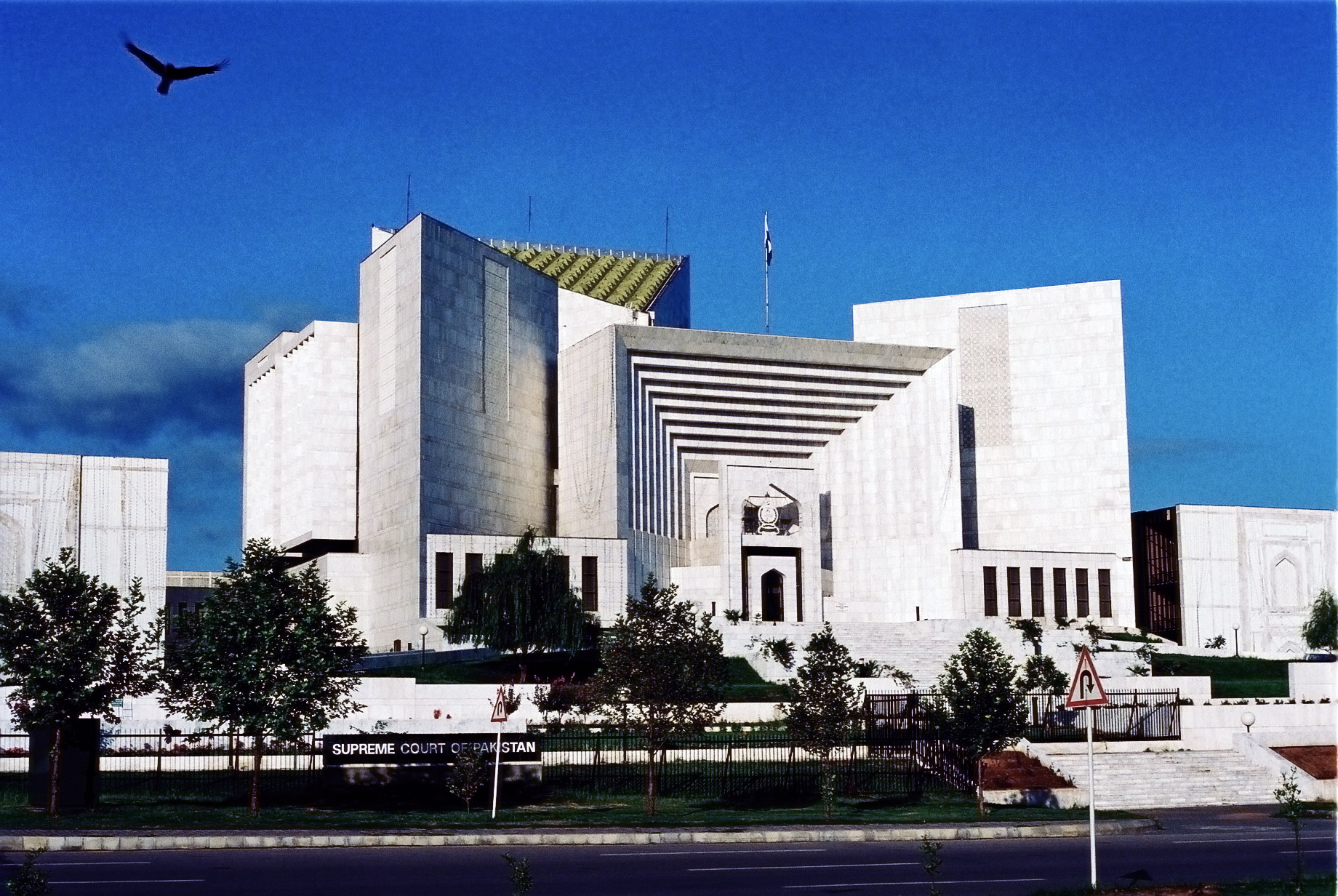In a recent development concerning the National Accountability Bureau (NAB) amendments case, the Supreme Court of Pakistan made a decision not to live-stream the proceedings. The apex court cited concerns about potential political misuse of the facility as the primary reason behind this move.
The case revolves around amendments made to the country’s accountability laws in 2022 by the then-Pakistan Democratic Movement-led government. These changes, which included alterations to the National Accountability Ordinance (NAO) 1999, sparked significant legal debate. Among the modifications were reductions in the term limits for the NAB chairman and prosecutor general, limitations on NAB’s jurisdiction, and the transfer of pending cases to relevant authorities.
Imran Khan, the former Prime Minister, challenged these amendments in a petition, alleging that they were designed to benefit influential individuals and legitimize corruption. After a series of hearings, the Supreme Court, on September 15, 2023, declared the amendments unconstitutional, ordering the restoration of corruption cases against public officeholders affected by the changes.
However, subsequent proceedings, particularly regarding intra-court appeals (ICAs), raised concerns about the adherence to procedural requirements. Chief Justice of Pakistan (CJP) Qazi Faez Isa hinted at the possibility of restarting proceedings if the counsel could establish sufficient grounds.
In a recent hearing on May 30, a bench, comprising several justices, including CJP Isa, decided not to live-stream the proceedings in a 4:1 ruling. This decision came in response to an application by the Khyber Pakhtunkhwa advocate general to live-stream the proceedings, alleging discrimination.
Explaining the rationale behind the decision, the court highlighted the potential for misuse of the live-streaming facility for political purposes and noted instances where unrelated matters were raised during previous hearings. The order emphasized the importance of focusing on the subject matter of the appeals to ensure the proper administration of justice.
Additionally, the court pointed out that the public had shown limited interest in the case, despite efforts to promote transparency through live-streaming. It also noted that neither Imran Khan nor the Khyber Pakhtunkhwa government had requested live-streaming, and Imran Khan had missed numerous hearings.
In conclusion, while acknowledging the possibility of submitting requests for live-streaming, the court affirmed its exclusive authority in deciding on such matters.
The decision not to live-stream the proceedings reflects the court’s commitment to maintaining the integrity of the judicial process and avoiding the politicization of legal proceedings.
